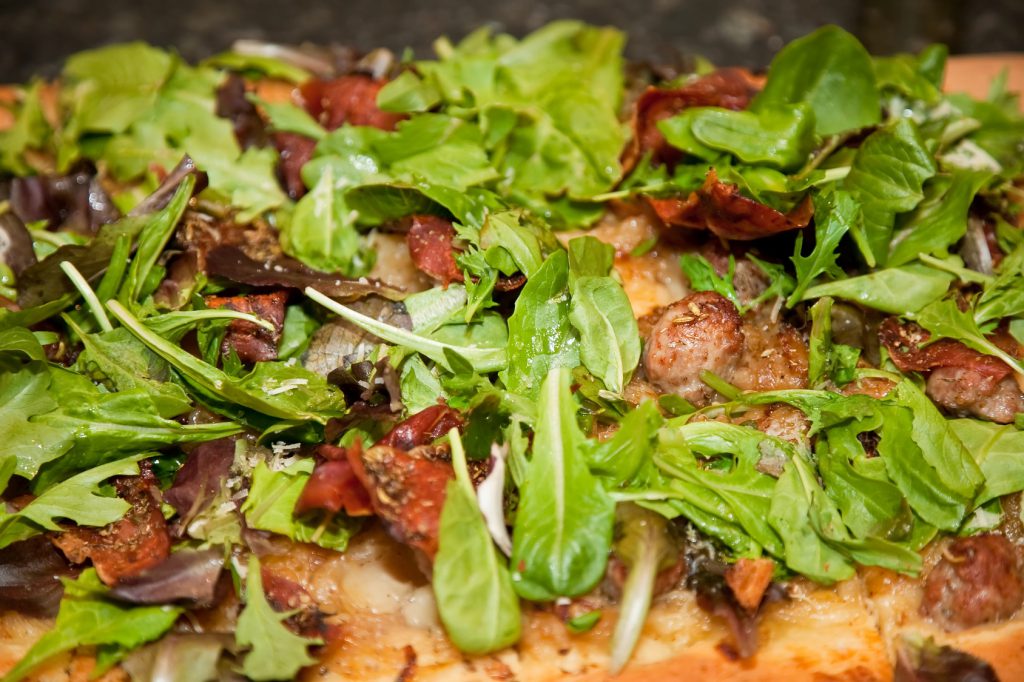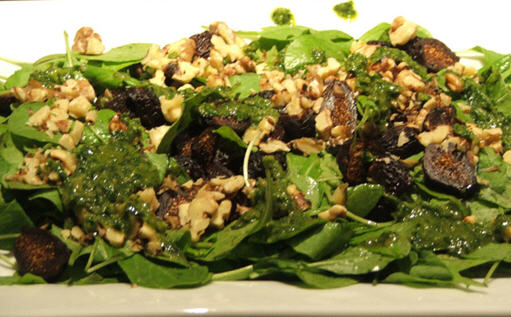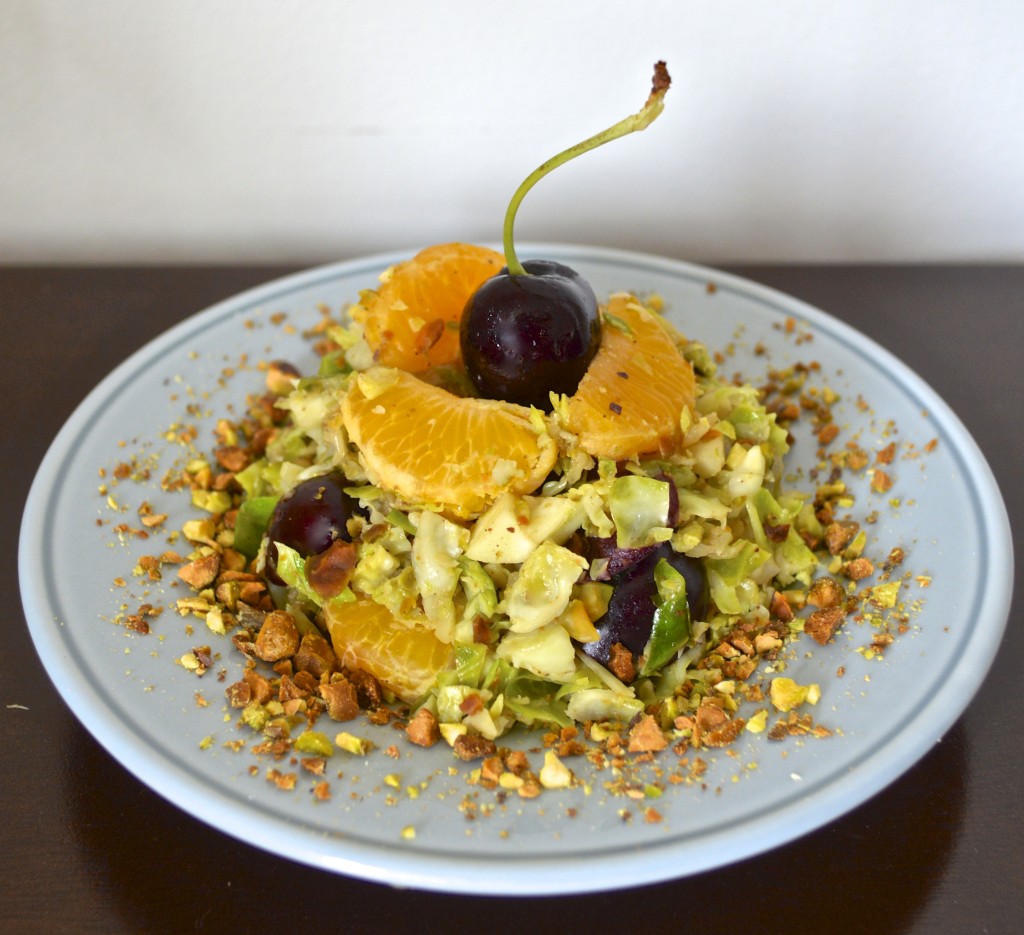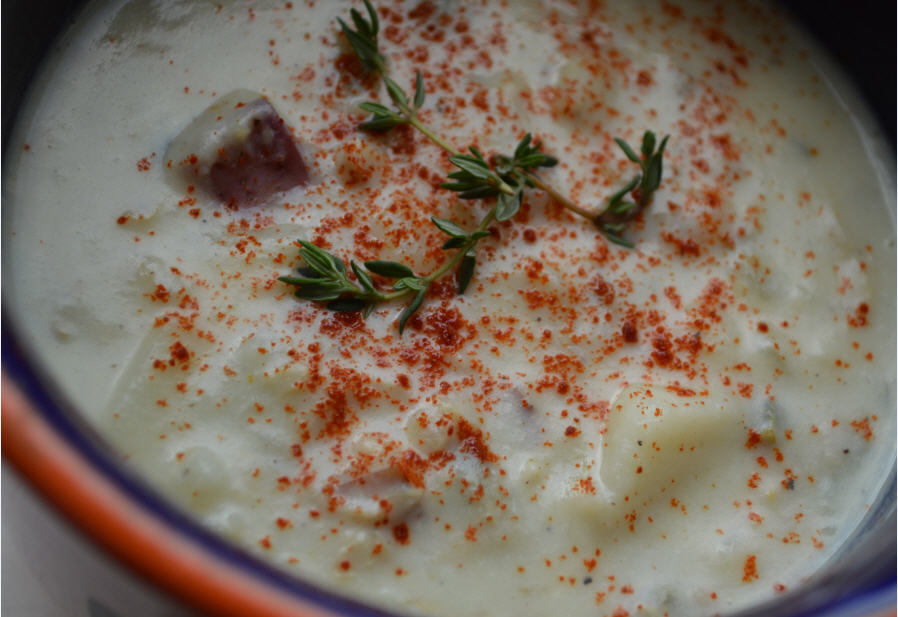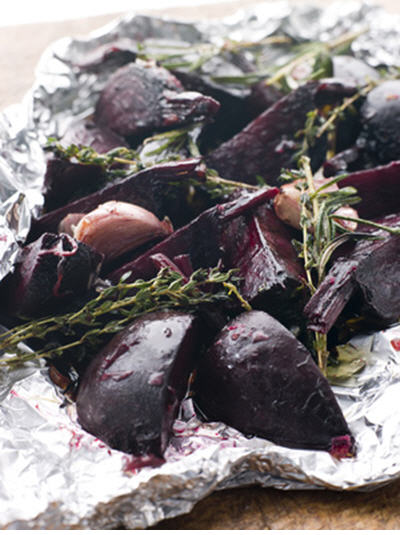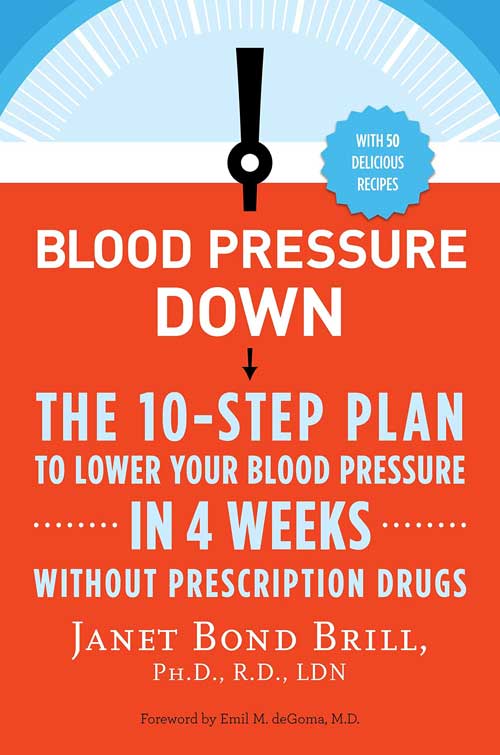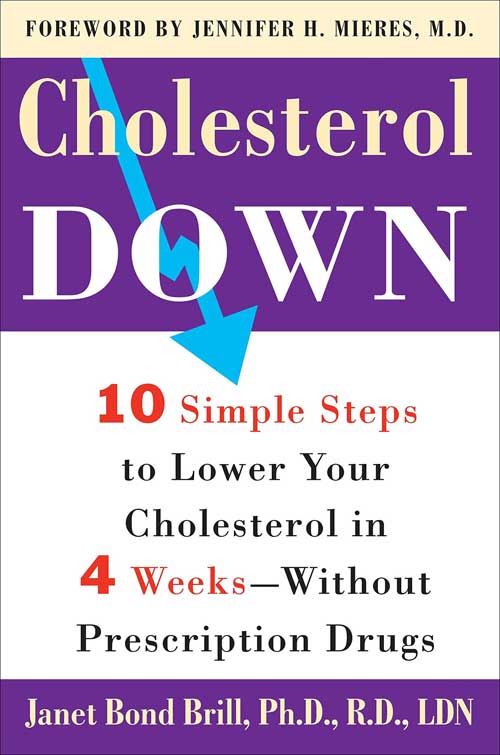By
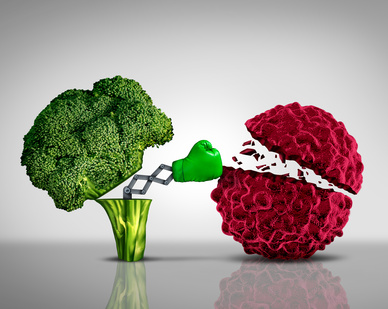

Good nutrition is important when treating any disease, but it is especially important when treating cancer. Proper cancer nutrition goes beyond foods and diets that help prevent cancer to foods that help the body fight the disease.
One of the major drawbacks of cancer, and the drugs that are used to treat it, is that they can negatively affect the appetite. The treatments can also cause fatigue and malaise, which make it harder for people to prepare healthy meals even when they do have an appetite. As a result, it”‘s very easy for people to fall into patterns of unhealthy eating – opting for fast food and junk food, if they eat anything at all.
Another issue is that some foods might actually make the side effects of the treatment worse, or the medications can change the way people tolerate certain foods, which makes it even harder for people to eat well. Below are some recommendations from the American Cancer Society for maintaining good nutrition during cancer and chemotherapy.
A Word on Cancer
Before we discuss the eating tips, there are some things that you need to understand about cancer. Many people think of cancer as a single disease, the truth is that cancer is a blanket term for more than 100 different diseases. The one thing that is similar among all of these diseases is that at one point, some cells mutated and grew out of control. However, how the disease starts, and why the cells mutate, is different for each type of cancer.
For example, certain types of breast cancer are caused by a mutation on the BRCA1 and BRCA2 genes. When women inherit this type of mutation, they are several times more likely to develop breast cancer, and ovarian cancer despite their diet, exercise habits, and other preventative measures they might take. Some women, like Angelina Jolie, opt to have preventative mastectomies to reduce their significant risk.
On the other hand, mesothelioma is caused by exposure to asbestos, which can be prevented. Unfortunately, the history of asbestos and asbestos-related illnesses in this country is long and controversial. Although exposure was often preventable, thousands of people were exposed to it through their jobs, and sometimes just by living in their homes. The exposure might be preventable, but once the fibers are inside the body it”‘s almost impossible to prevent cancer from forming.
It”‘s important to understand this information because, while food can help with the healing process, it should not be considered a substitute for medical care.
Tips for Eating Healthy With Cancer
Good nutrition starts well before you begin your cancer treatments. Chemotherapy and other treatments affect each patient differently; and since you don”‘t know how the treatment will affect you, your best option is to plan ahead for the times when you might not be able to prepare healthy meals.
“¢ Stock your pantry with healthy, non-perishables that can be prepared quickly and easily;
“¢ Make your own healthy frozen dinners by cooking meals in advance and freezing them;
“¢ Work with friends and family to set up a schedule for them to help with cooking and grocery shopping;
“¢ Consult with a registered dietitian for guidance and suggestions on how to handle potential side effects, such as nausea, mouth soreness, and constipation or diarrhea.
Once the treatment starts, it is especially important that you maintain healthy eating habits; your body will need the calories and nutrients to help you fight the disease and recover from the effects of the treatments. Proper nutrition can also help you maintain a healthy weight since, in some cases, weight loss can actually make your condition worse.
“¢ Be flexible. You might find that some of the healthy foods that you planned in advance no longer agree with you. You might also find that your palate has changed and foods that you used to like no longer taste good. You might need to make adjustments on the fly, and that could involve trying new things, or foods that you might not have liked before.
“¢ Look to liquids. When eating solid food is out of the question, a protein shake or smoothie can give you the calories and nutrients you need. An added bonus to the smoothie is that they also contain tons of fruits and vegetables, which contain nutrients that can help you fight cancer.
“¢ Develop a habit of snacking. You might find that the combined effects of the cancer and the treatment make it difficult to eat regular-sized meals. Eating frequent snack-sized portions of nuts, fruit, grains, and low-fat sources of protein can help you get the nutrients you need without the stress of trying to eat a full meal.
“¢ Eat by how you feel, not by the clock. If granola and yogurt sound good at 6:00 PM, and a quinoa salad and salmon sound good at 6:00 AM, so be it. It”‘s better that you eat the things that you like, when you want them, than try to force yourself to live by the clock.
For information on the nutritional needs of people with cancer, go to the American Cancer Society Website.

